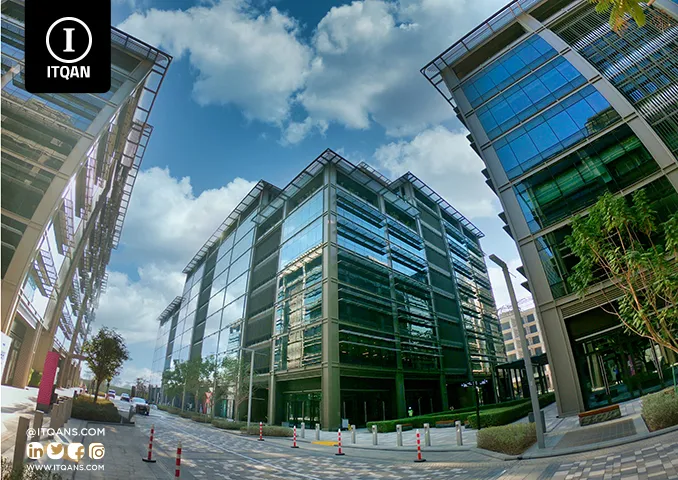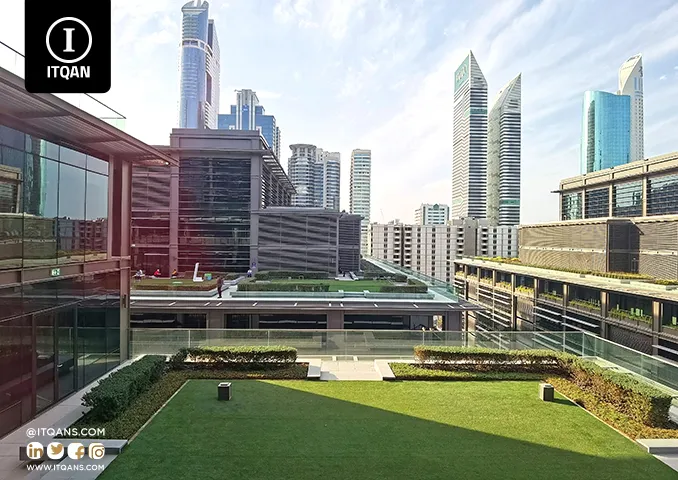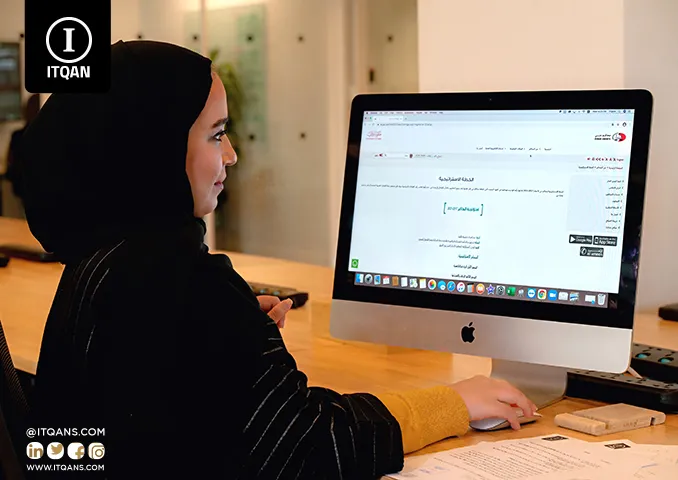Business Setup UAE: Everything You Need to Know
Starting a business in the UAE can be a lucrative opportunity for entrepreneurs. The country’s strategic location, tax-friendly policies, and modern infrastructure make it a top choice for local and international investors. Whether you’re looking to establish a startup or expand your existing operations, this guide will walk you through the key steps for business setup in UAE.
Benefits of Business Setup in UAE
The UAE offers an attractive environment for entrepreneurs. Here are some reasons why you should consider starting a company in the UAE:
- 100% Foreign Ownership: Recent reforms allow full foreign ownership in many sectors, especially in free zones.
- Tax Advantages: The UAE has no corporate or income taxes for most businesses, making it a tax-friendly jurisdiction.
- Strategic Location: Located at the crossroads of Europe, Asia, and Africa, the UAE offers easy access to global markets.
- Modern Infrastructure: From state-of-the-art office spaces to extensive transportation networks, the UAE supports business growth.
- Business-Friendly Policies: The government actively encourages entrepreneurship through initiatives and economic reforms.
Steps for Business Setup in UAE
Starting a business in the UAE involves several steps. Here’s a detailed breakdown to help you navigate the process:
1. Choose Your Business Activity
The first step in establishing a business is selecting the right activity. This choice will determine the type of license you need, such as a commercial, industrial, or professional license. Research the market to ensure your selected activity aligns with UAE’s regulations and market demand.
2. Select a Legal Structure
Next, decide on a legal structure for your company. Some common options include:
- Sole Proprietorship: Suitable for individuals offering professional services.
- Limited Liability Company (LLC): Ideal for small and medium enterprises.
- Branch Office: Perfect for foreign companies looking to have a local presence.
3. Choose Between Mainland, Free Zone, and Offshore
The UAE offers three primary options for company locations:
- Mainland: Provides flexibility to operate across the UAE but requires a local sponsor in some cases.
- Free Zones: Offer tax benefits, 100% foreign ownership, and simplified procedures. Examples include JAFZA, DMCC, and DIFC.
- Offshore: Suitable for international trading and holding entities.
Learn more about the best free zones in our dedicated article: Best Free Zones in UAE for Business Setup.
4. Register Your Trade Name
Choosing a trade name is a crucial branding decision. Ensure the name complies with UAE regulations, such as avoiding offensive terms and religious references. Submit your trade name application to the Department of Economic Development (DED) or the relevant free zone authority.
5. Apply for a Business License
Once your trade name is approved, proceed to apply for the appropriate business license. Depending on your activity and location, you may need a commercial, professional, or industrial license. The application requirements vary between mainland and free zones, so consult the respective authorities.
6. Secure Your Office Space
Having a physical address is mandatory for business setup in UAE. Options include traditional office spaces, serviced offices, or co-working spaces. Free zones often provide affordable office solutions tailored to startups.
7. Obtain Approvals and Visas
Some business activities require additional approvals from government authorities, such as the Ministry of Health or Dubai Municipality. Additionally, you’ll need residence visas for yourself, your employees, and sometimes their families.
Costs Involved in Business Setup in UAE
The cost of starting a business in UAE varies based on location, activity, and legal structure. Here’s a general breakdown:
- Trade Name Registration: AED 500–AED 2,000
- Business License Fees: AED 10,000–AED 40,000
- Office Space Rental: Depends on the selected region and size
- Miscellaneous Fees: Visa charges, approvals, and translations
To get a precise estimate, consult a UAE business setup consultant or refer to the official UAE Government Portal.
Free Zones vs Mainland: Which is Better?
Both free zones and mainland setups have their advantages. Here’s a quick comparison to help you decide:
| Criteria | Free Zones | Mainland |
|---|---|---|
| Ownership | 100% foreign ownership | May require local sponsor |
| Market Access | Limited to free zone operations | Full UAE market access |
| Setup Speed | Faster and simpler | More standardized |
Conclusion
Setting up a business in the UAE involves careful planning, including selecting the right activity, structure, and location. With its investor-friendly policies and advanced infrastructure, the country offers unparalleled opportunities for entrepreneurs. If you’re ready to take the next step, research thoroughly or consult a professional to simplify the process.
For more advice on starting a business in Dubai, explore our article: Best Free Zones in UAE for Business Setup.
















